
U.S. President Joe Biden and the Republic of Korea President Yoon Suk-yeol hold a news conference in the Rose Garden of the White House on Wednesday afternoon. (ZHAO HUANXIN / CHINA DAILY)
In early August 2017, Trump threatened Pyongyang "with fire and fury like the world has never seen" if it did not stop alleged provocations against the U.S. and its allies, only to be warned by the DPRK several hours later that it was considering a strike that would create "an enveloping fire" in the U.S. territory of Guam in the West Pacific.
While it is unclear how the DPRK would respond to the new U.S.-ROK deterrence plan and Biden's comments, Pyongyang has conducted ballistic missile launch drills as a gesture of warning in response to the U.S. and ROK's unprecedented large-scale joint military exercises on the Korean Peninsula since the beginning of the year.
Beijing has made it clear that it consistently upholds peace and stability on the Korean Peninsula, the denuclearization of the peninsula, the establishment of a peace mechanism, and dialogue and consultation to resolve issues.
Chinese Foreign Ministry Spokesperson Wang Wenbin, in commenting on a question from the Yonhap News Agency that cited a report about DPRK's launching of a new type of ballistic missile on April 13, noted that this round of tensions on the peninsula "happened for a reason".
"The U.S.' recent massive military drills near the peninsula and its deployment of strategic weapons apparently had a negative impact," Wang said.
"It is hoped that all parties will remain cool-headed, exercise restraint and stop the pressure and confrontation. The U.S. in particular needs to act as soon as possible to address the legitimate concerns of the DPRK and create conditions for the early alleviation of tensions and resumption of dialogue," he said.








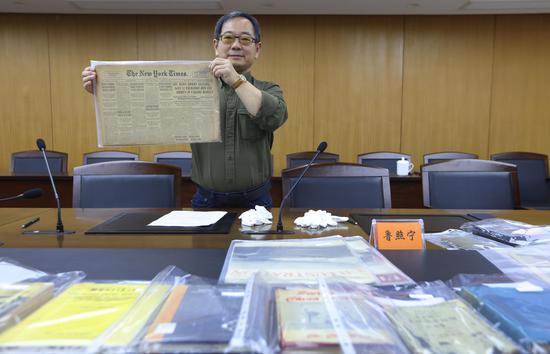




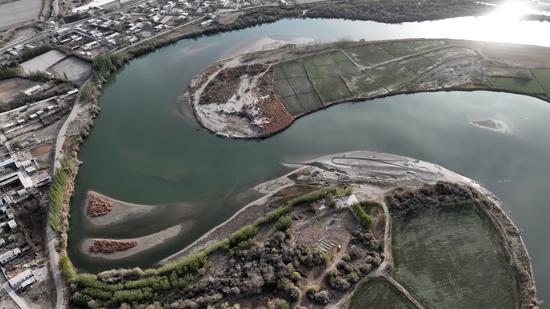










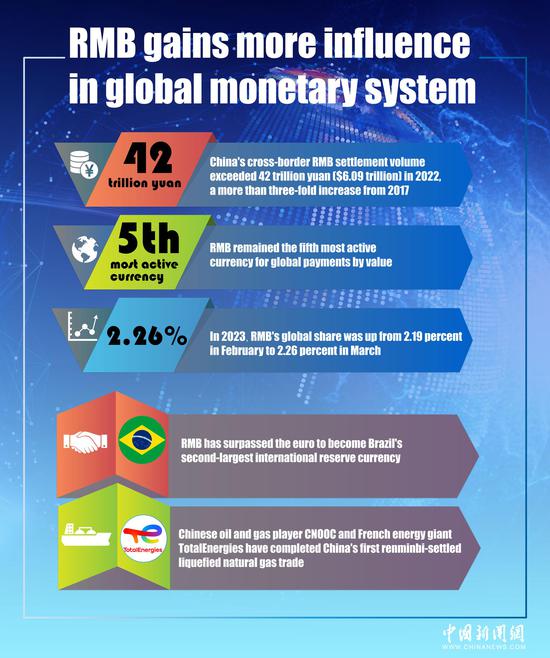


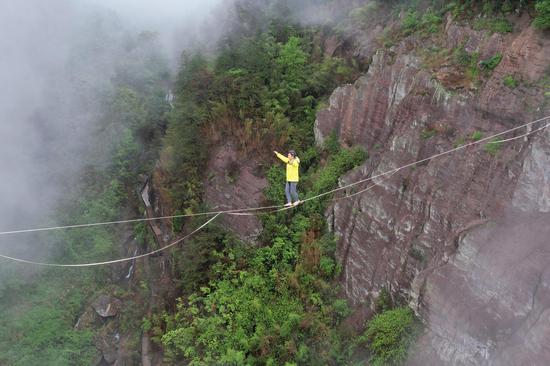









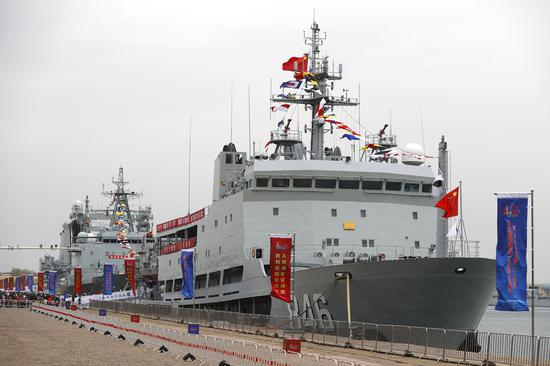



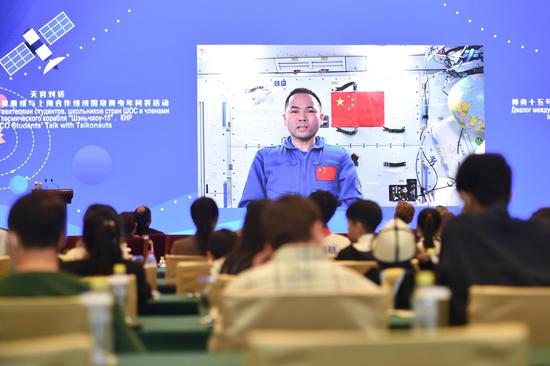

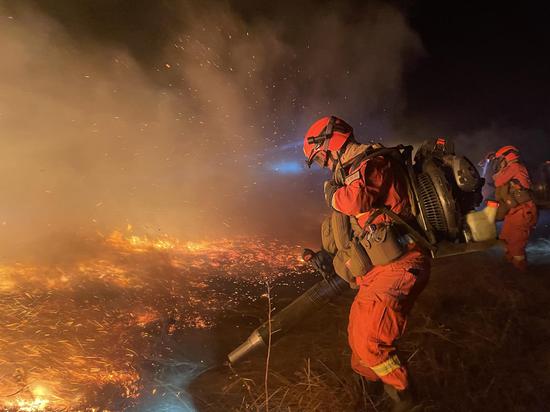






 京公网安备 11010202009201号
京公网安备 11010202009201号